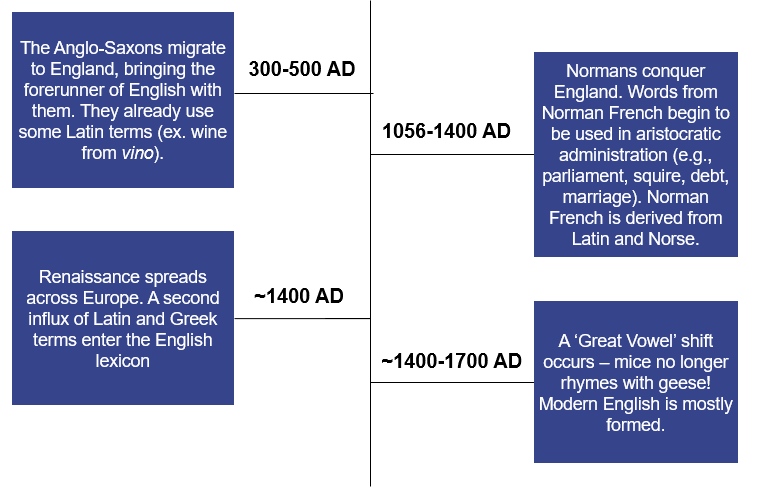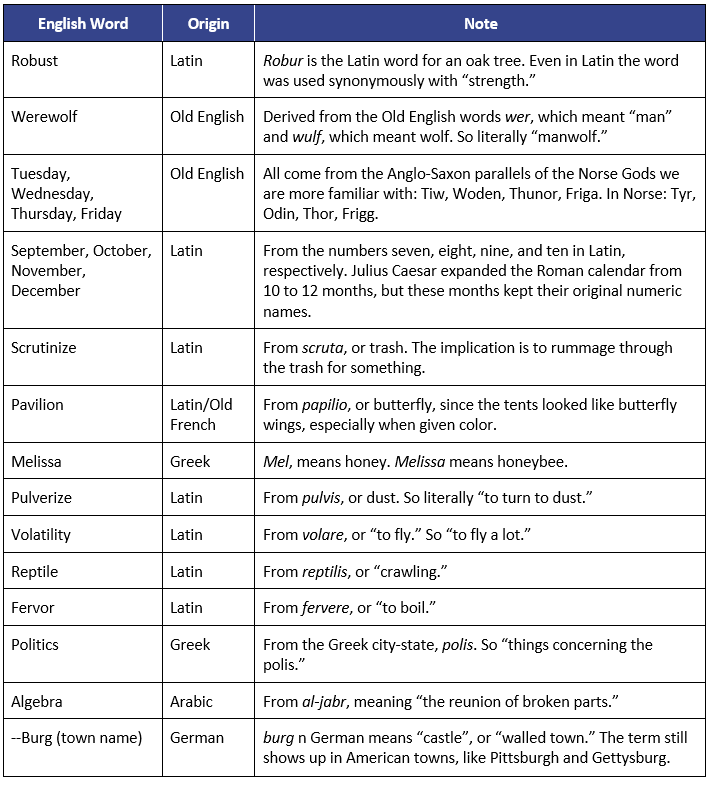I recently subscribed to HBO Max to watch Mare of Easttown and other critically acclaimed shows. Naturally, two days later, I found myself midway through a Harry Potter marathon.
I hadn’t re-watched the movies properly since they came out almost two decades ago. (The twenty year anniversary is coming up next year). Three things surprised me. First, the movies are really good. Maybe my expectations for book-to-movie adaptations have fallen since Game of Thrones – Season 8 and Artemis Fowl, but the Harry Potter movies had everything you could ask for. They stayed true to the themes of the book, brought the magic to life, and, oh yeah, didn’t radically change the ending. Second, the acting was better than I remembered, especially from Rupert Grint (who is now generating Emmy-buzz for his performance in M. Night Shyamalan’s Servant on AppleTV+). The third was the Latin.
The strangeness of hearing plain words in other languages
There’s a scene in The Chamber of Secrets where (mini-spoiler alert) Tom Riddle “arrests” Hagrid for attacking students. In doing so, Tom demands that Hagrid show him a creature that he is keeping inside a chest. When Hagrid refuses, Tom dramatically yells “CISTAM APERIO!” and the chest bursts open. In turn, I burst out laughing. As many of us who struggled through high school Latin might have guessed, Tom’s spell is just him yelling “I OPEN THE BOX!”
The rather on-the-nose spellcasting only occurs for spells invented by the movie. Another instance in which Harry and Ron have to drive away menacing spiders they use a spell “Arania Exumai” which is basically “Spider, go away!” In the book, J.K. Rowling opts for more subtle connections between the Latin spell and its effects. The charm that drives away dementors “Expecto Patronum” means “I await the protector” and “Rictusempra,” or The Tickling Charm, roughly means “always laughing.” For some reason, J.K. Rowling’s nuanced spells seem more epic to me than the literal translation. Their looser connection to the magic they produce makes them more mysterious and exciting.
Plain words in other languages
To an English speaker, hearing plain language to describe things is jarring. I’m not sure if native speakers of other languages would find plain language as funny. They seem to use it all the time. For example, the Chinese word for computer, diannao, literally is translated as “electric brain.” In German, many simple words compound to produce a new word. For example, Volkswagon just means “People’s car.” (Volks is similar to our word “folks”). And this makes sense – after all, where would new words come from anyway besides combinations of simpler words?
Words in English are plain too, but their simplicity is often obscured by a foreign or older origin. For example, the word curfew, comes from Old French: cuvrir means “to cover” and feu means “fire.” Put together, curfew just means “cover fire,” as in “the time to cover the fire.” For English speakers then, it is particularly enjoyable to tease out the original, plain meanings of words we use every day. It’s almost like suddenly understanding the inner workings of a tool we’ve been using our whole lives.

Interesting English word origins
Below we’ve listed out some of our favorite interesting English word origins! If you have one you’d like to share, let us know at [email protected].




